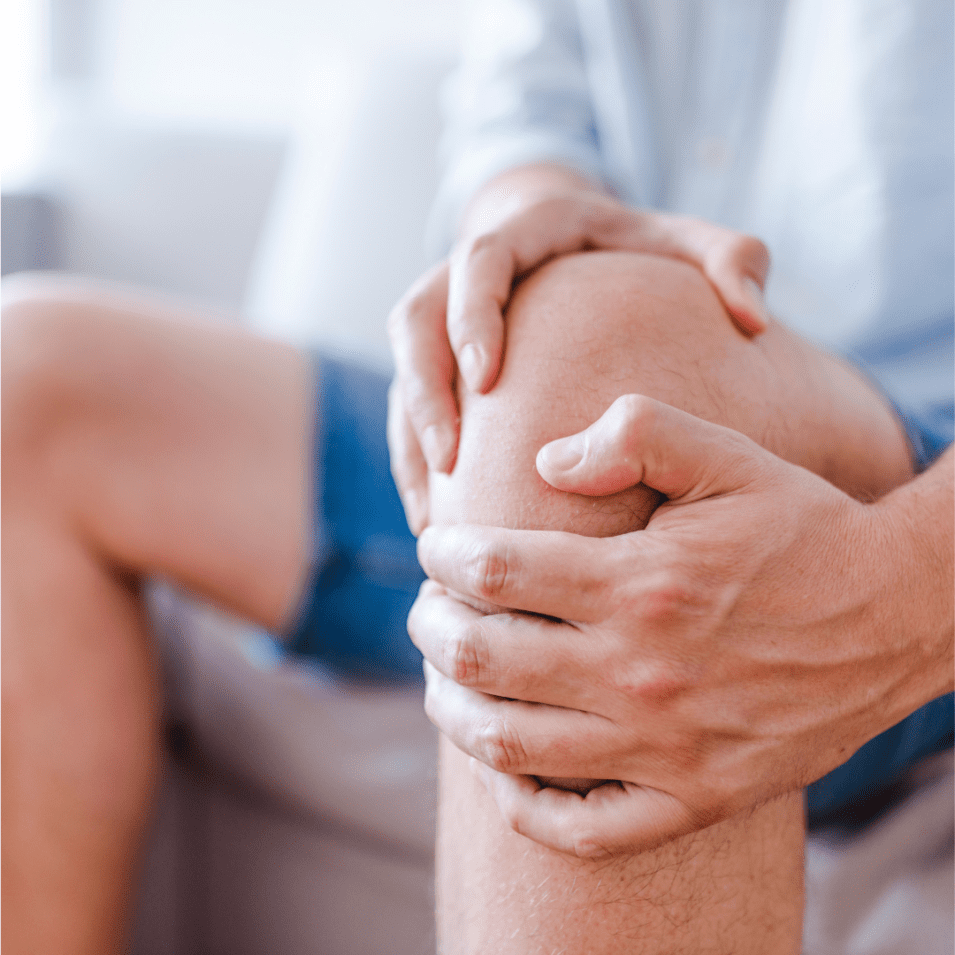Pain is not always a bad thing.
In its simplest state, pain is the body’s mechanism of telling when harm is possible. If it hurts, don’t do it, right? If only it were truly that simple.
Pain can be acute or chronic.
Acute pain is what occurs shortly after an injury and only lasts for a few weeks at most. Examples of acute pain are from a fall, sports injury, cut or laceration, immediately after a car accident, childbirth, etc. On the other hand, chronic pain is much less simple. The mechanisms and sensations are entirely altered and treated in a different way. A discussion on chronic pain is not within the scope of this particular post. See this blog for more on chronic pain.

When is it time to seek help for your pain?
Let’s look at some scenarios as a guideline.
You finished a hard workout or tried a brand new activity to you. It’s 24-48 hours later, your muscles are stiff and sore. You’re moving a little slower than normal. This is normal “pain” or rather delayed onset muscle soreness (DOMS) from using your body in a way that is new or more strenuous than what you are accustomed to. Keep moving, you don’t need to seek help.
- Pain is limiting you from doing your everyday activities for more than 2-3 days. If you have had to drastically alter your daily routine due to say, back pain, seek assistance. Often this is when it’s most appropriate to reach out to a physical therapist. A physical therapist can determine if you need any further treatment out of their scope.
- You wake up in the middle of the night with pain. Can you change position or get up for a minute or two and it goes away? It’s unlikely that you need to seek immediate help for this. If it’s happening more frequently, then check in with your physical therapist. However, if night pain is severe, you cannot lessen it by changing position, and it’s interfering with your sleep quality night after night, seek help from your physician. There could be an underlying condition that needs to be treated.
- You experience some physical trauma. A fall, car accident, a feeling of something pop with a quick movement or being hit during a sporting event. Typically, these will require emergent assistance. Especially if you’re experiencing immediate swelling, difficulty putting weight through that body part, bleeding.
- You are performing your normal workout. You feel some pain around a joint or muscle that subsides 10 minutes into it and over time this pain does not worsen. Typically, you do not have to seek help for this. Certain arthritic and tendon conditions respond just like this. They need a good warmup. However, if this pain worsens as you continue and does not go away within 30 minutes of stopping your activity, you should seek guidance.
You should not have to live with pain. Reach out to one of our physical therapists if you’re still not sure what to do.
About the Author:

Dr. Chelsea Walter is a Doctor of Physical Therapy with an emphasis on treatment of spinal conditions. She graduated from Saint Louis University in 2014 with her Doctorate of Physical Therapy and completed undergraduate work at the same institution. From 2018 to 2019, she was a post-graduate resident with the McKenzie Institute. There she achieved certification in the McKenzie Method of Mechanical Diagnosis and Therapy (MDT) and board certification in orthopaedics (OCS). Chelsea enjoys working with clients who are active in the gym or with recreational sports. She has led an active lifestyle from early on in life and enjoys hiking, travel, and spending time with family.


